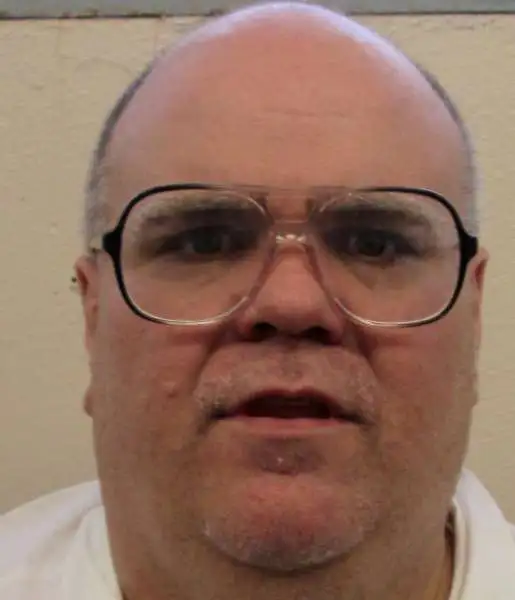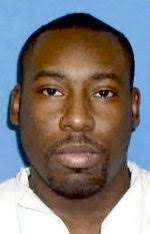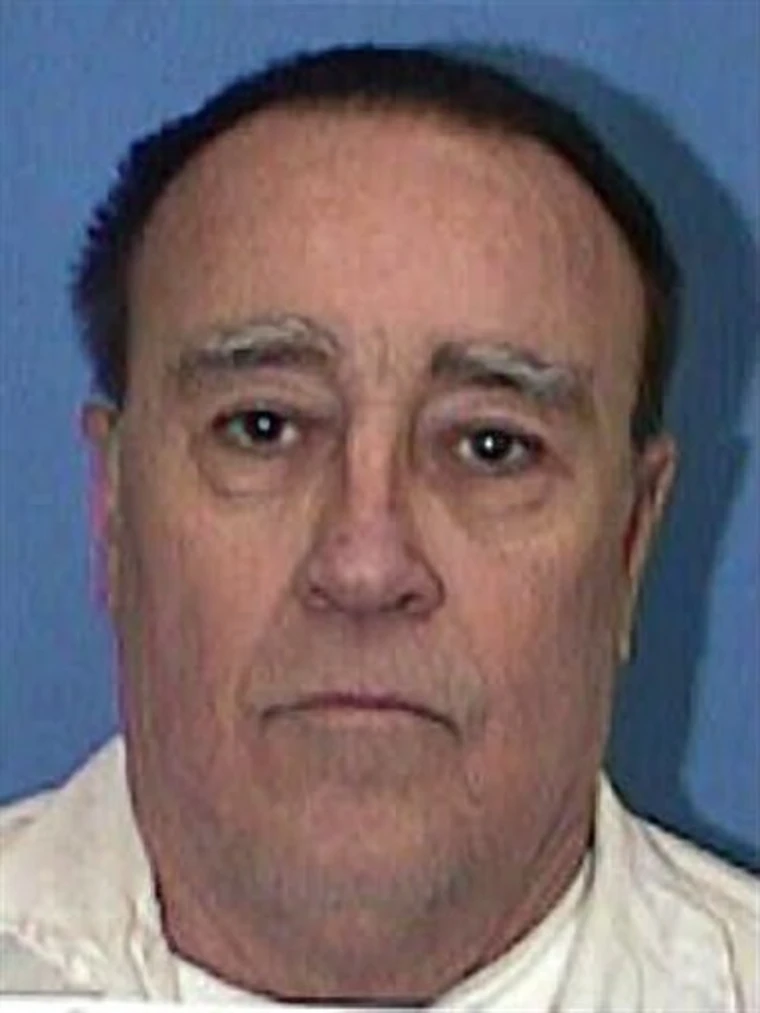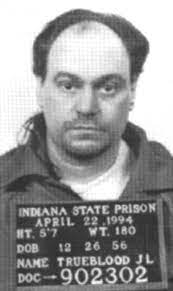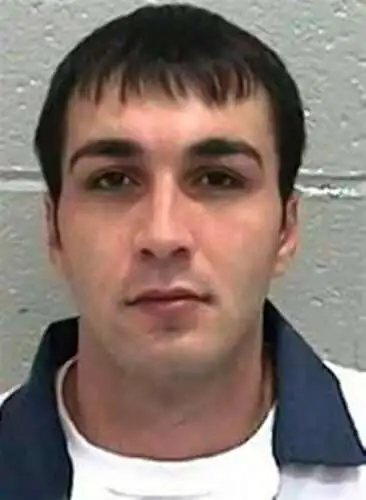James Tench Murders Mother In Ohio
James Tench was sentenced to death by the State of Ohio for the murder of his mother
According to court documents James Tench was upset with his mother after she accused him of stealing her credit cards. Tench would respond by beating the woman to death: Mary Tench
James Tench would be arrested, convicted and sentenced to death
James Tench Photos

James Tench Now
Number
A652562
DOB
01/27/1986
Gender
Male
Race
White
Admission Date
03/13/2014
Institution
Chillicothe Correctional Institution
Status
INCARCERATED
James Tench Case
The Ohio Supreme Court today affirmed the 2016 conviction and death sentence of a Brunswick man who murdered his mother because he suspected she might tell police that he had been stealing money from her.
The Supreme Court rejected claims by James D. Tench that errors at his trial led to his wrongful conviction for the murder of Mary Tench, a nurse’s assistant at a Lakewood retirement community. However, the Court reversed an aggravated robbery charge against Tench that was used as one of three specifications supporting the prosecution’s effort to seek the death penalty.
Justice Mary DeGenaro, writing for the Court majority, stated that the trial court committed some errors in allowing the jury to hear “other acts” evidence regarding a criminal conviction and suspicious activities by Tench that were not related to his mother’s death. However, the “properly admitted evidence of Tench’s guilt is overwhelming,” Justice DeGenaro concluded.
Chief Justice Maureen O’Connor and Justices Terrence O’Donnell, Judith L. French, Patrick F. Fischer, and R. Patrick DeWine joined Justice DeGenaro’s opinion. Justice Sharon L. Kennedy concurred in judgment only and would affirm the trial court’s judgment and sentence.
Mother-Son Relationship Grows Tense
Tench lived with his mother, Mary, in Brunswick and worked at a barbecue restaurant, first in Strongsville, then in Fairlawn. In mid-2013, Tench started dating Christina Kyker and gave her expensive gifts. Mary discovered that her son was taking cash advances from her credit card and writing checks to himself from her bank account.
At a breakfast in October 2013, Mary told Kyker that Tench was using her credit cards to buy her gifts. As Mary continued to explain the situation, Tench forcefully grabbed his mother’s arm, telling her to stop the discussion. Kyker testified that Mary walked away crying.
Around the same time, Tench made comments to co-workers that he hated his mother and wished she was dead.
Mother Not Seen After Work Shift Ends
On Nov. 11, 2013, Mary worked from 3 p.m. to 11 p.m. at the retirement community. Tench went to Kyker’s Euclid home on that day, and the two went shopping before returning home to watch television with Kyker’s family around 7 p.m. Snow was expected that evening, and Tench left Kyker’s home around 9:30 p.m., which Kyker said was unusually early. She said her family noticed that Tench was unusually quiet and seemed bothered.
Mary left work around 11:15 p.m. Tench called Kyker and reached her brother around 1:22 a.m. He said he was “freaking out” because his mother had not come home and that he had driven twice to her workplace to look for her. He said he tried to call the workplace to inquire about her. However, phone records did not indicate he ever called.
About an hour later, Tench called 911 to report his mother was not home, then called the Ohio State Highway Patrol to ask if there were any accidents between Lakewood and Brunswick. The next morning, Tench went to the Brunswick police station to report his mother missing.
Around 6:30 a.m. on Nov. 12, employees of a business at a Brunswick industrial park discovered Mary’s SUV in an open field near the business and called police. Brunswick detectives Dean Weinhardt and Brian Schmitt were told of Tench’s report. Schmitt knew that Tench was a suspect in the robbery of the Strongsville restaurant where he used to work.
The detectives questioned Tench at his home, and Schmitt noticed a pair of boots bearing mud and long blades of grass. He mentioned the boots to Tench, who said he had cut the grass. Schmitt testified there was snow on the ground at the time of the interview. As the detectives spoke with Tench, police officers told them they had discovered Mary’s vehicle. The two left Tench’s home and traveled to the vehicle, opened the SUV, and found Mary’s body in the rear compartment.
Investigators Gather Evidence
A crime-scene investigator noted red stains on the ground that tested positive for blood, and police discovered a trail of footprints that led toward Tench’s home. The trail veered off to a retention pond before resuming toward the house.
The police informed Tench that his mother was dead. He denied any involvement. Officers recovered the boots, and during a search, found more blood stains outside the house. Police recovered two computers from the home and a garbage bag containing discarded duct tape wrapper and packaging from a tarpaulin. The police also found an envelope with the word “Leave” written on it and “Tell Police” below it. The other side of the envelope read, “10-24-13 Jimmy owns [sic] $1000.00.” Mary and others called her son “Jimmy,” and an expert identified the handwriting as Mary’s.
Officers would later find copies of forged checks by Tench and a newspaper on which Tench’s name was written along with a list of forged checks.
Medical examiners found Mary had a loose ring of duct tape around her neck. An autopsy revealed she sustained at least 18 blows to the head and neck. Mary’s teeth were broken off and one was found in her intestine. Medical examiners estimated it took about 20 or 30 minutes for the tooth to reach the location after being swallowed, which led them to conclude Mary remained alive at least 20 minutes after swallowing the tooth.
The crime scene examiner found Mary’s blood at the vehicle site and the home, and found her blood on Tench’s boots. He described the blood on Tench’s boots as “spatter stains,” meaning the boots were present at an event where Mary’s blood spattered.
Tench Indicted for Murder
Tench was indicted on three counts of aggravated murder, including murder with prior calculation and design. He also was charged with felony murder premised on aggravated robbery, and felony murder connected to kidnapping. Each carried three death penalty specifications, including witness murder.
A jury found Tench guilty of all charges and recommended he be sentenced to death. A trial judge sentenced him to death.
Tench appealed his convictions to the Ohio Supreme Court, presenting 18 legal arguments to overturn his conviction and sentence. The Supreme Court is required to hear direct appeals of death sentences.
Police Questioning Challenged
Among Tench’s legal claims was that the trial court should have suppressed statements Tench made to police. He argued his rights were violated when Brunswick police interviewed him after he invoked his right to have an attorney present.
Justice DeGenaro’s opinion, citing the U.S. Supreme Court’s 1966 Miranda v. Arizona decision, stated that when a suspect in custody requests counsel, the interrogation must cease until an attorney is present. However, the suspect must “unambiguously” request a lawyer.
Tench concedes he was not in custody when he first spoke to Weinhardt and Schmitt at his home, and when they later arrested him at his home, they read him his Miranda rights. However, while in the home, the detectives asked him several times if he had anything to do with his mother’s death, and he replied: “I know what you guys are trying to do. I think I want an attorney.”
At that point, the detectives stopped asking him questions and he was transported to the police station. At the station, another officer asked Tench a question, after reminding him he was read his Miranda rights, and Tench responded.
Weinhardt later took Tench to an interview room, where Tench asked for his cell phone to get a phone number for his attorney, who was his cousin. Weinhardt refused to give him the phone, telling him the police wanted to notify the family of Mary’s death. Throughout that day and the next, Tench continued to have conversations with the police, denying his involvement and seeking to speak to his family members.
Tench asserts that all conversations after his request to have a lawyer should have been suppressed. The Court rejected the argument, noting that even though his request was unambiguous, Tench either initiated the conversations or the conversations were about the “custodial relationship,” such as informing others of his detention at the station.
Objections Raised to Other Acts Evidence Introduced
Tench objected to the admission of “other acts” evidence at the trial. Prosecutors are limited in the types of information not related directly to the charged crimes that can be introduced. Tench primarily argues the evidence that he committed the armed robbery of his former restaurant prejudiced his case. The Court agreed that this claim had merit as did Tench’s objections to other information being introduced, such as the conversations with co-workers about his relationship with his mother, evidence of illegal drug possession, and photocopies of another person’s state-issued identification card and Social Security card found in his truck.
The Court ruled that the state failed to prove that much of the “other acts” evidence supported the prosecution’s theory as to why Tench killed his mother and should not have been admitted. Ultimately, the Court concluded the introduction of the evidence was “harmless error” that did not change the outcome of the trial.
The Court indicated the properly introduced evidence was overwhelming, noting Tench’s boots were stained with his mother’s blood, the footprints in the snow led from the SUV to the house, and that he lied about attempting to reach his mother at work and search for her.
“Tench’s bloodstained boots, his strong motive, his unusual behavior on the night of the murder, his anger toward his mother, his lies and shifting stories, the trail of footprints leading back to his neighborhood—these are the facts that prove that he killed Mary, and they would inevitably have done so even if drugs, robbery, embezzlement, and deletions from cell phones had never been mentioned at his trial,” Justice DeGenaro stated.
Death Specification for Robbery Dropped
The Court affirmed the death sentence based on theories that Tench murdered his mother to prevent her from telling authorities about the money he took from her, and that he kidnapped his mother, who was alive for at least 20 minutes before being beaten. The Court reversed the conviction connected to aggravated robbery, which was based on finding Mary’s purse had been thrown into a retention pond between where her body was found and Tench’s home. Money and credit cards were found in the purse. Though it was not clear why Tench might have tossed his mother’s purse into the pond, the state could not prove he intended to rob her.
https://www.courtnewsohio.gov/cases/2018/SCO/1226/160899.asp









